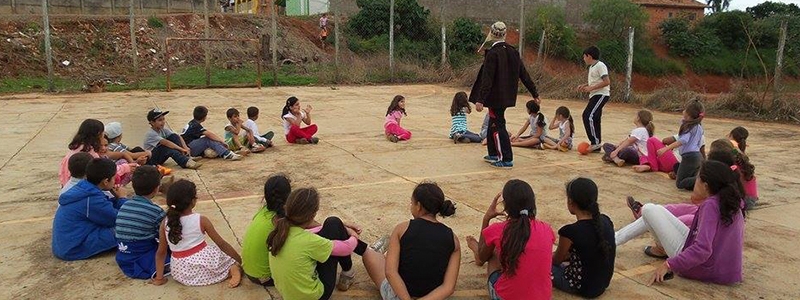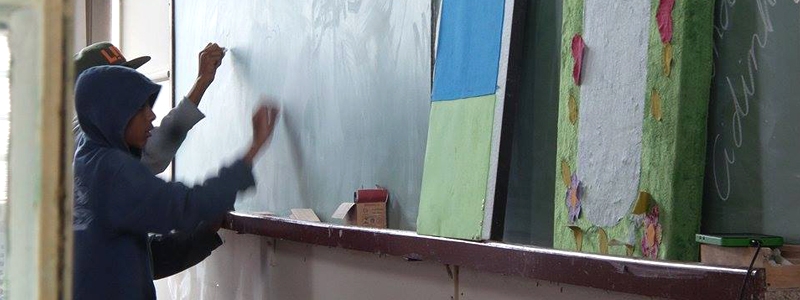Problem: The city's youth initiative, in the interior of the state of São Paulo, aims to address important problems, such as semi-slave labor and the sexual abuse and prostitution of children and young adults, the acceptance of misery and poverty, the consumption of drugs by children and adolescents as well as challenging traditional methods of education, in which teachers merely convey information to students and the schools act authoritatively towards them. Managed by the Cidade Escola Project, which is run by the Solidarity Network of Social and Cultural Youth Protagonists Movement, young adults have been meeting since 2012 to propose changes to the local government. The network includes student unions, students and professors from the city, as well as young adults that are engaged in civic organizations and popular movements. The main objective is to encourage discussions, research, reflection and the implementation of the structures that are necessary to promote the complete development of the community.

Solutions: The network created the "Youth SMA Program" to stimulate a learning process that is more democratic and autonomous and which functions outside the school environment as well. The program is divided into two nuclei, "Thought and Communication" and "Raising Awareness". Each nucleus promotes different activities, such as business roundtables, meetings and workshops involving the arts, education, meditation and expression, in addition to cultural, political, social, sporting and economic activities. These activities, which include urban dance, graffiti, music and chess competitions, are held at meeting places, in public places and in schools. Another way in which the program works is by actively participating in municipal councils, mainly the Children's and Adolescent's Rights Council, the Social Assistance Council and the Education Council, so that its demands can actually be implemented. In 2012, the public hearing known as "Public Policies for Young Adults", held in the city council chambers, brought forth more than one thousand proposals for bringing more dignity to the day-to-day life in the city and more respect and care for children, young adults and the elderly. Another one of the program's essential activities involves the socio-educational counseling of young adults by social workers, psychologists, social scientists, pedagogical professionals and teachers.

Outcomes: This project promotes entrepreneurship, comprehensive development and the independence of young adults. Young people within the city begin to make use of its public spaces, develop an interest for the needs of the population and they involve themselves in the search for solutions to problems. In addition, they also begin to respect and observe individual and collective responsibilities. Youths that participate in socio-educational activities have the opportunity to return to society and integrate with it.






